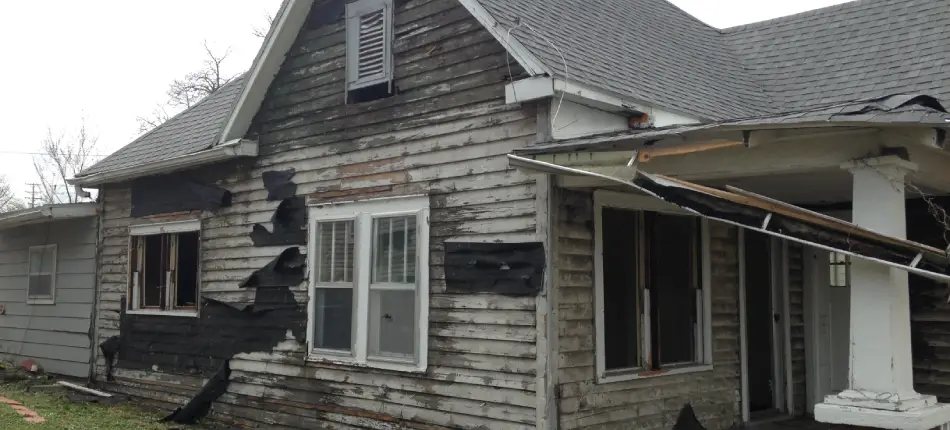
About the author: Richard W. Sutten
Founder of Sutten Law Group
Richard W. Sutten is the founder of Sutten Law Group in Albuquerque, New Mexico. Practicing since 1977, he focuses on personal injury law and advocates for clients navigating complex claims. A graduate of Oklahoma City University School of Law, Mr. Sutten brings decades of experience to his practice and is admitted to the State Bar of New Mexico.


